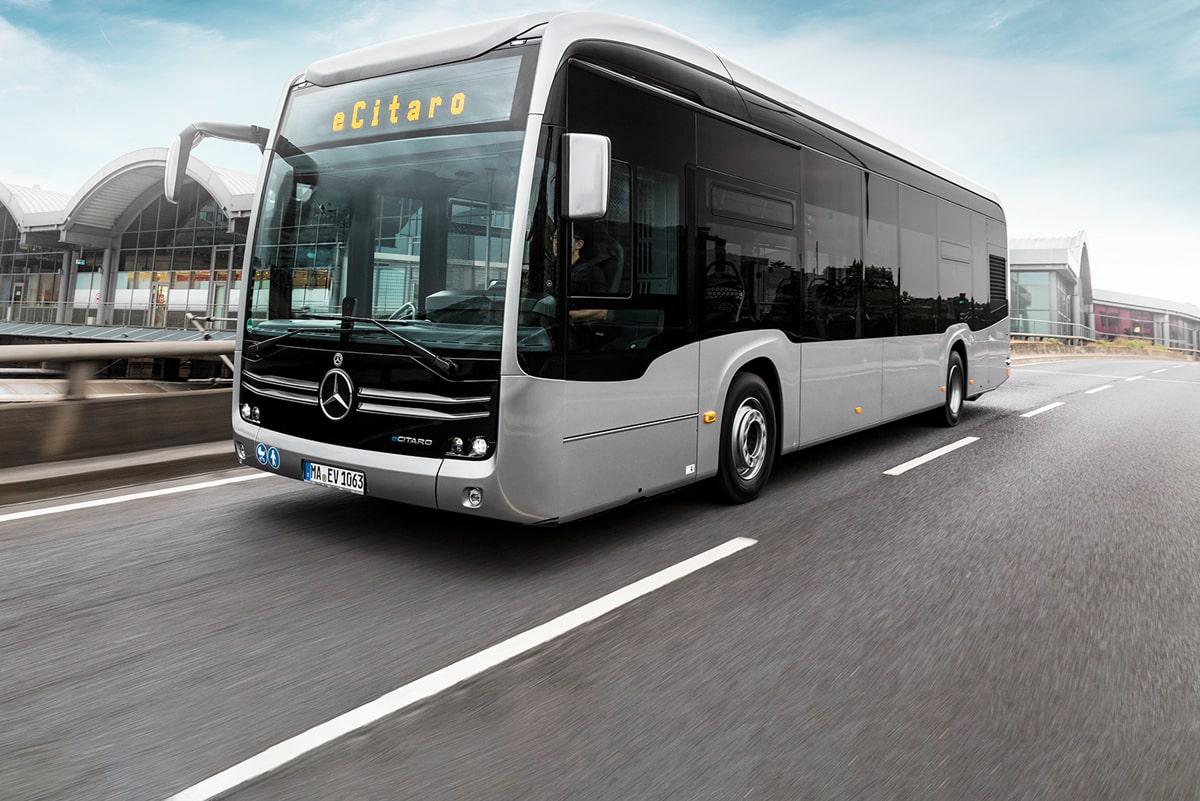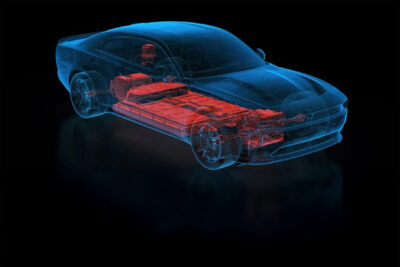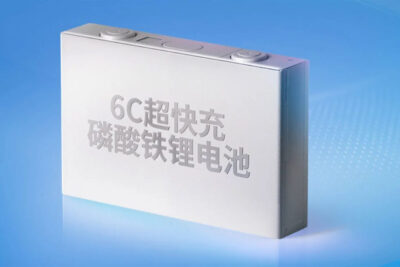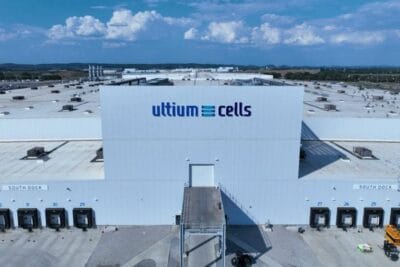
Daimler Buses switches battery partner to BMZ Poland
Daimler Buses and BMZ Poland have announced that BMZ will further develop Daimler’s existing NMC battery technology in collaboration with Daimler to meet the requirements of their electric buses. According to the companies’ statements, Daimler’s new NMC4 batteries will benefit customers from the middle of the decade, which could be as early as next year.
The duo are not revealing any more at this time – not even whether the new battery is intended for the eCitaro city bus or a possible new product from the Daimler portfolio. The Group’s first intercity bus has also been announced for “the middle of the decade.”
Previously always on the road with Akasol battery systems
Daimler Buses had previously entrusted battery assembly to the German battery system manufacturer Akasol, which was acquired by the US group BorgWarner in 2021. The packs roll off the production line in Hesse.
The current NMC3 battery generation launched in September 2022 and is based on round cells of the 21700 format (21 mm diameter, 70 mm length) with nickel-manganese-cobalt chemistry, whereby 600 cells fit into one battery module and nine modules are assembled into a pack. The energy content at the pack level is 98 kWh. Up to six packs (total 588 kWh) can be installed in the twelve-meter-long eCitaro solo bus, and up to seven packs (686 kWh) in the 18-meter-long articulated bus version. Daimler Buses thus guarantees ranges of 280 kilometres for the electric solo bus and 220 kilometres for the corresponding articulated bus. The manufacturer states that the battery has a service life of up to 4,000 charging cycles. Now, with the new NMC4 batteries with the new partner BMZ, these batteries should be improved upon to allow greater range.
The BMZ subsidiary in Poland was founded in 2010 and now states that it intends to expand its production at the Gliwice site as part of the recently signed strategic cooperation with Daimler Buses and make the plant the first of its kind in the EU: “It will be specially designed for the production of bus batteries and will have a fully automated assembly line,” says Paweł Kępski, Head of Business Unit EV at BMZ Poland.
BMZ Holding is a well-known player in the German battery landscape. The company not only designs its lithium-ion system solutions for electric vehicle applications but also for stationary home and industrial storage systems, among others. The company took over the faltering battery cell consortium TerraE at the end of 2018, which had high ambitions to set up cell production in Germany. BMZ has also been selling its own cells under the Terra E label since 2022, although these are built by partners “on existing lines from tier-one suppliers in Asia”, as the company explained in 2022. One of these is the Chinese manufacturer CALB (China Lithium Battery Technology), a strategic partner since July 2022. BMZ currently offers various 18650 and 21700 cells on its own TerraE website. In addition to Poland, BMZ names China, the USA, North Macedonia and Brazil as production locations.
BMZ feels vindicated in its electric bus strategy
Tomasz Jankowski, Managing Director of BMZ Poland, commented, “For a decade, we have been pursuing the strategy of developing and producing leading electric bus systems. We are now looking forward to working with Daimler Buses.” His company has consistently pursued a growth and investment strategy with regard to the electric bus market. “For me personally, winning the contract from Daimler Buses is confirmation of the path we have taken. Together, we will now be able to implement this strategy on a much larger scale.”
According to Michael Klein, Head of Product Development and Operations Daimler Buses, the two companies are combining two important aspects in their collaboration, namely “the expertise of Daimler Buses in the development and manufacture of buses and the know-how of BMZ in lithium-ion batteries for commercial vehicles”. He is looking forward to an outstanding new generation of batteries. “This collaboration is an important milestone on the road to zero-emission public transport throughout Europe.”
The eCitaro city bus has been in series production at Daimler Buses since 2018, but the company is also focusing on other bus segments in its electrification roadmap: electric intercity buses are to follow from the middle of the decade and electrified coaches by 2030. Like its colleagues at Daimler Truck, the company is pursuing a two-pronged technological approach: both battery and hydrogen solutions are being developed.
Solid-state batteries are only a side issue
The currently available variants of the eCitaro include a model with NMC batteries. The electric city bus is also available with solid-state batteries and, since mid-2023, with a fuel cell range extender (eCitaro Fuel Cell), whereby the latter also relies on NMC3 batteries.
The share of all-electric vehicles in Daimler Buses’ total sales in Europe in 2023 was around 6.3 per cent. The bus maker assured in March that “the transformation of our industry is in full swing and the demand for environmentally friendly means of transport is continuously increasing”. However, this is not yet reflected in the electric share of the company’s sales.
When electrive asked about the latest strategy outlook, Daimler Buses also stated that there was “reduced demand” for the eCitaro with a solid-state battery and that the focus was clearly on the two variants with NMC battery chemistry. The company is “very satisfied” with the interest in the new eCitaro Fuel Cell. Thanks to the FC range extender, this version currently has a range of around 400 kilometres, which, compared to the 280 kilometres of the classic eCitaro, should also cover long journeys in public transport without intermediate charging. The eCitaro Fuel Cell has been available since mid-2023. The manufacturer does not disclose what proportion of the 500 or so Daimler electric buses sold last year were of this variant.
With reporting by Cora Werwitzke




0 Comments